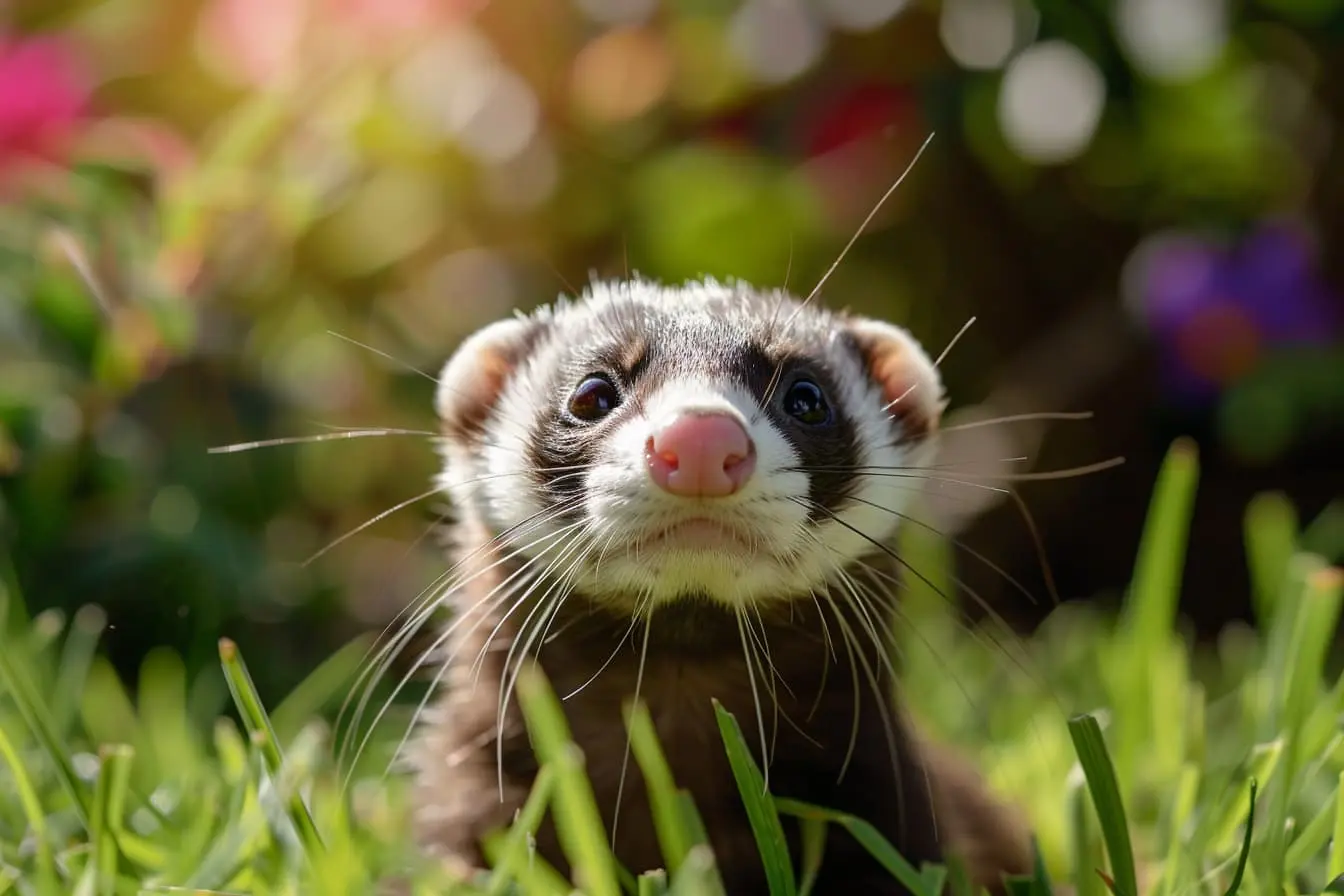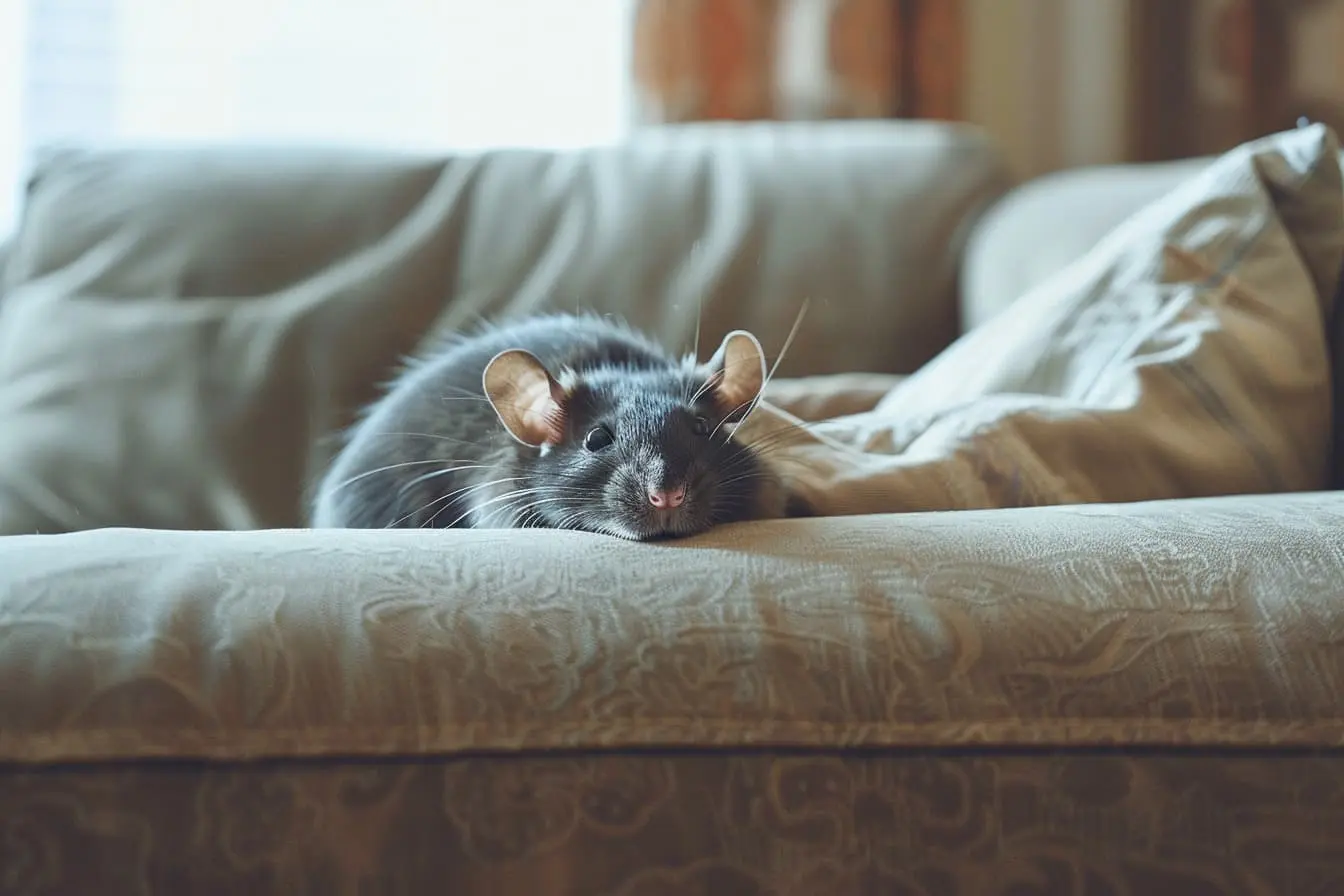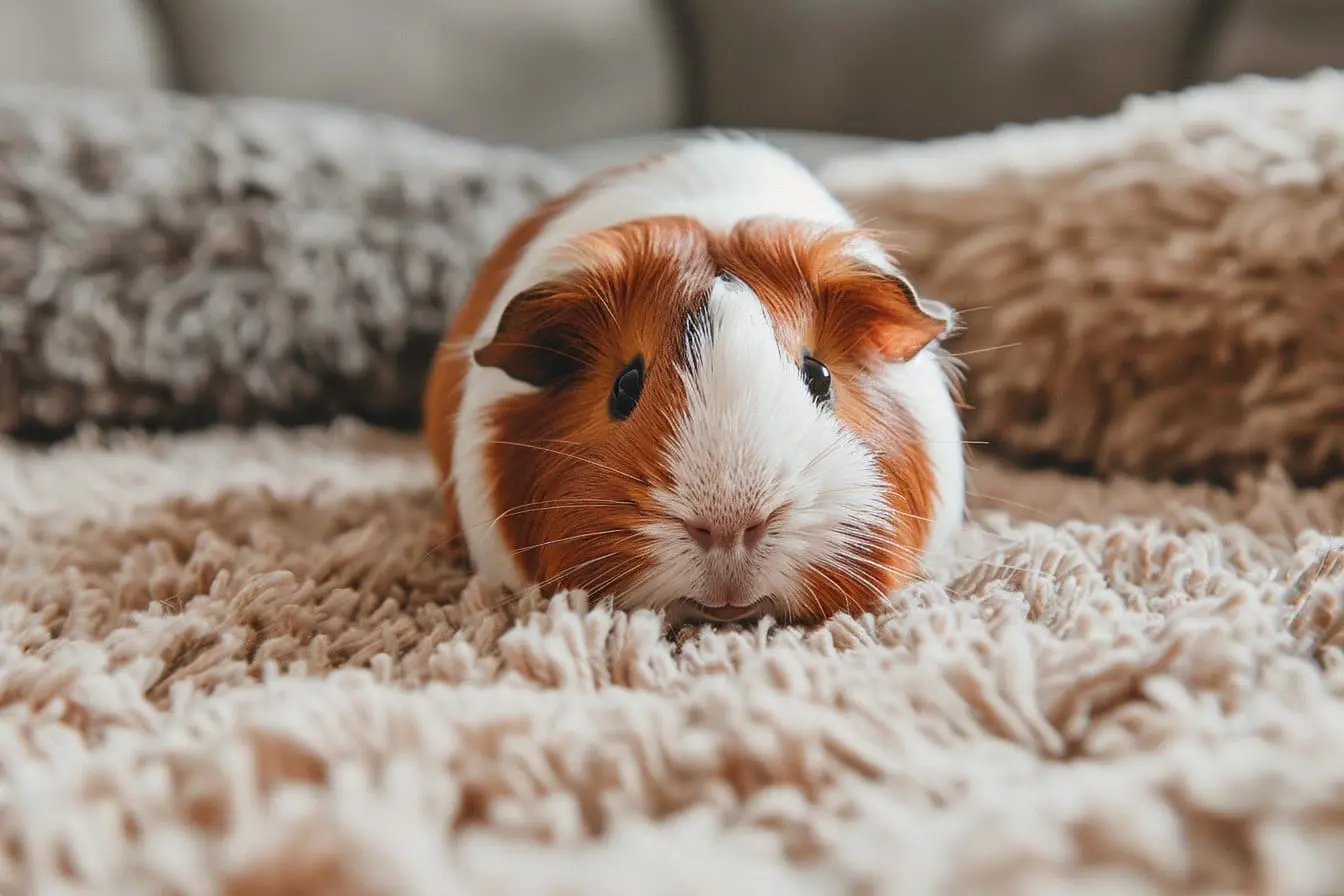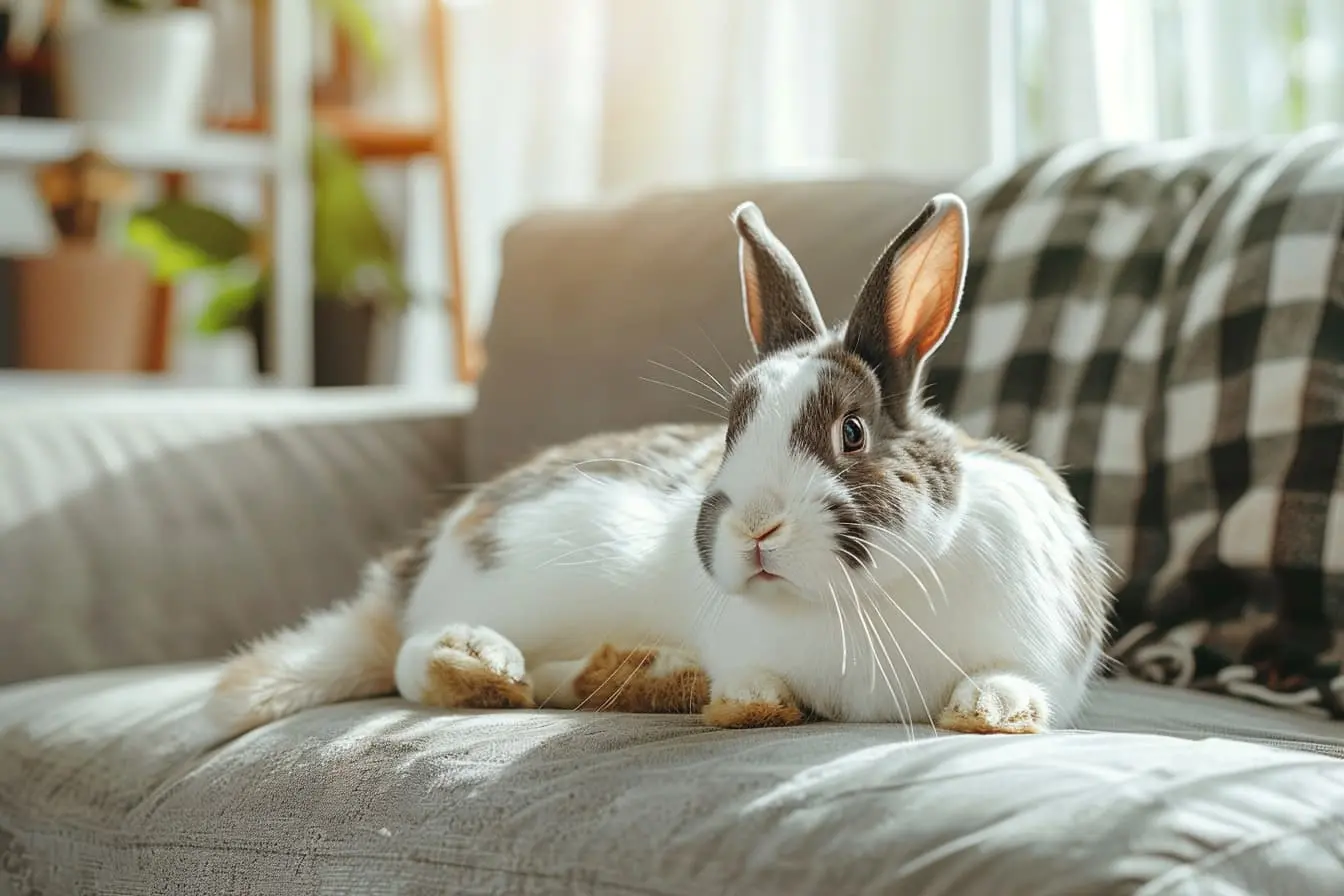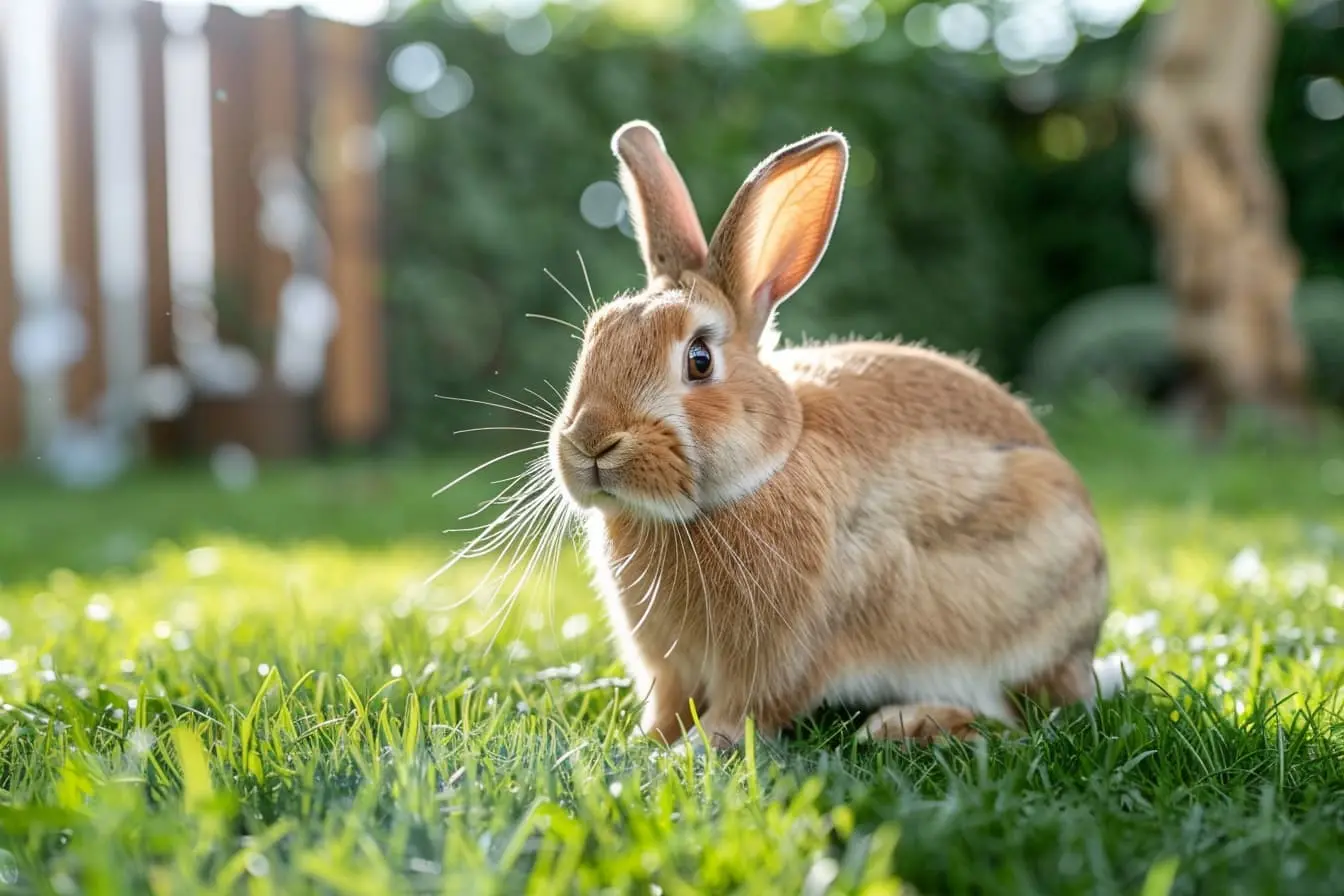
Choosing the Best Home for Your Rabbit: Indoors or Outdoors?
When bringing a rabbit into your family, one of the first and most important decisions you'll face is whether to house them indoors or outdoors. Both options have distinct advantages and considerations that can significantly impact the wellbeing and happiness of your furry friend. Let's delve into the pros and cons of indoor and outdoor living for rabbits, helping you make an informed decision that suits your lifestyle and provides the best care for your pet.
Indoor Rabbits: Pros and Cons
Pros
- Climate Control: Indoors, rabbits are protected from extreme weather conditions, which is crucial as rabbits can suffer in excessive heat or cold.
- Safety: Living indoors shields rabbits from predators and reduces the risk of exposure to diseases from other animals.
- Bonding: Keeping your rabbit indoors can lead to a stronger bond between you and your pet, as they become a more integral part of your daily life.
- Health Monitoring: It's easier to notice changes in behaviour or signs of illness in indoor rabbits, allowing for prompt veterinary care.
Cons
- Space Requirements: Rabbits need plenty of space to roam and explore. Indoor rabbits require a large pen or free roam of a rabbit-proofed room.
- Chewing Hazards: Rabbits have a natural urge to chew. Indoors, this means protecting furniture, electrical cords, and anything else within reach.
Outdoor Rabbits: Pros and Cons
Pros
- Natural Environment: Outdoor hutches can provide rabbits with fresh air and the stimulation of a natural environment, promoting healthy behaviours such as foraging.
- Space: Outdoor setups should accommodate larger hutches with runs, providing more space for physical activity.
Cons
- Weather and Temperature: Rabbits are sensitive to temperature changes and can suffer in both hot and cold weather. Outdoor rabbits need a hutch that's insulated against temperature extremes and kept in a shaded, sheltered area.
- Predators and Security: Outdoor rabbits are at risk from predators. A secure, sturdy hutch is necessary to protect them from foxes, cats, and birds of prey.
- Reduced Human Interaction: Rabbits housed outdoors may receive less attention and interaction from their owners, which can impact their socialisation and bonding.
Making Your Decision
Consider Your Rabbit's Breed
Some breeds are more suited to outdoor living than others, though with the right precautions, most rabbits can live comfortably either indoors or outdoors.
Evaluate Your Space
Whether you're considering an indoor or outdoor setup, ensure you have enough space to meet your rabbit's needs for exercise and stimulation.
Think About Your Lifestyle
Indoor rabbits may suit you better if you enjoy close interaction with your pets and can commit to rabbit-proofing your home. An outdoor rabbit might be more suitable if you have ample safe outdoor space and prefer not to have animals in your living area.
Health and Safety Are Paramount
Regardless of your choice, the health and safety of your rabbit should always be the top priority. Both indoor and outdoor environments require effort and resources to make them suitable and secure for a rabbit.
Conclusion
Both indoor and outdoor living arrangements can provide a happy, healthy home for a rabbit with the right preparation and care. Consider your pet's needs, your environment, and your ability to provide a safe, enriching habitat when making your decision. Whether binky-ing around your living room or enjoying the fresh air in a secure outdoor hutch, what matters most is that your rabbit is loved, safe, and well-cared for.
Vets near you
Speciality vets
- Aquatics vet specialists
- Birds vet specialists
- Camelids vet specialists
- Cats vet specialists
- Cattle vet specialists
- Deer vet specialists
- Dogs vet specialists
- Equines vet specialists
- Exotic vet specialists
- Goats vet specialists
- Pigs vet specialists
- Poultry vet specialists
- Sheep vet specialists
- Small Mammals vet specialists
- Wild vet specialists
Vet facilities
- Accessible by public transport
- Blood testing
- Car park nearby
- Client car park
- Dentistry
- Diagnostic imaging
- Disabled public access
- Flea and worm treatments
- Microchipping
- Mobile services
- Neutering
- Open at weekends
- Out-of-hours service
- Referral interests
- Referrals only
- Street parking outside
- Toilets available
- Vaccination clinic
